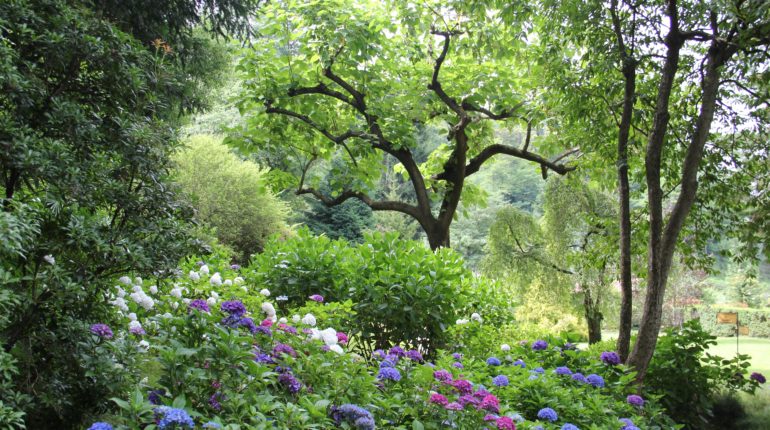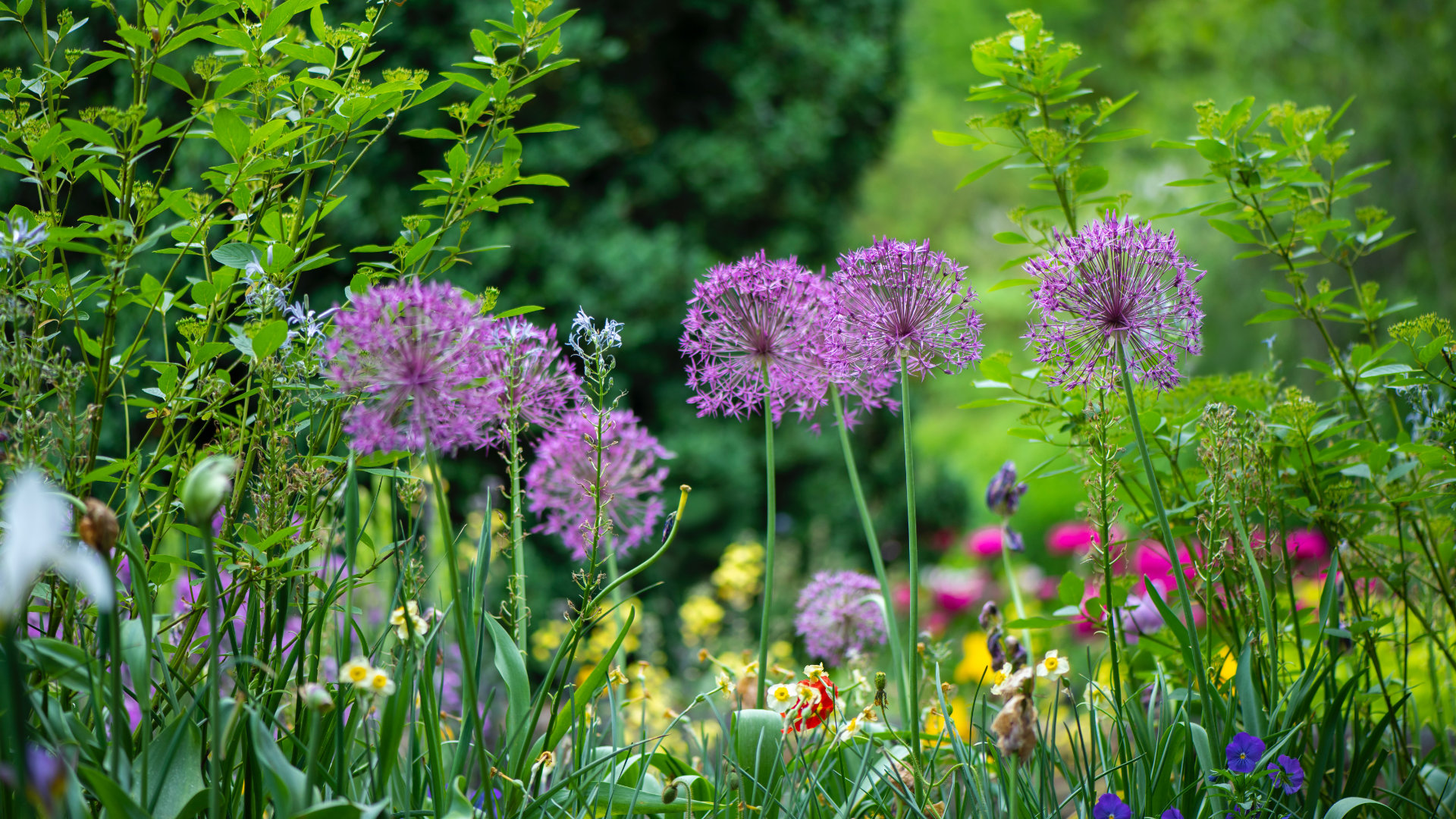The charity Plantlife is asking Brits to stop mowing their lawns for one month in order give blooming spring wildlife a much needed boost.
Over the next few weeks, you may notice your neighbour’s garden is looking a little unkept as thousands of people across the UK partake in No Mow May.
The month-long event was first started in 2019 by the charity Plantlife and has boomed in popularity ever since. The goal is to leave gardens to grow freely for 30 days to give local plants and animals species a better opportunity to flourish.
Urban development in the UK has fragmented natural habitats, forcing wild plants and animals into isolated pockets. This distance makes it more difficult for some species to bounce back from natural events like drought, pests, or disease.
As gardens grow wildly during No Mow May, dormant wildflowers reappear, providing extra food resources for pollinators and homes for other insects. These untamed grassy areas act as ‘stepping stones’ for the pollinators, providing flowers to rest or feed on, and bridging the gap between large green spaces.






















